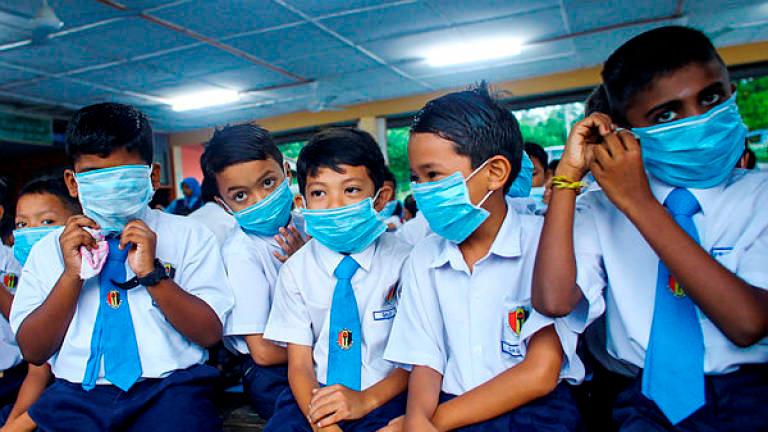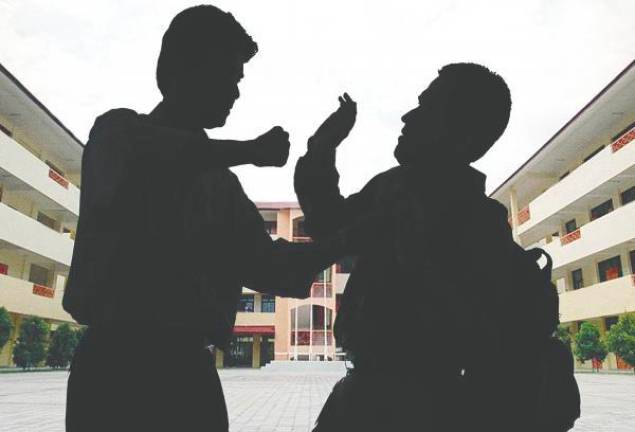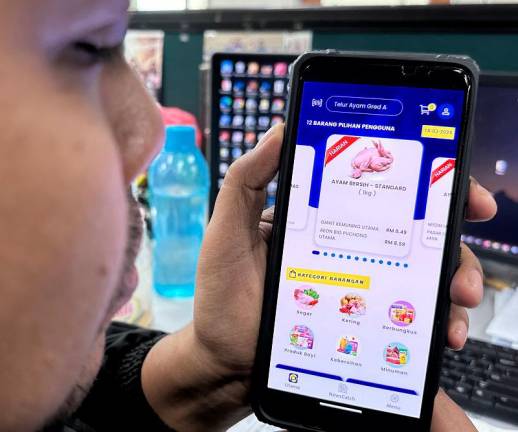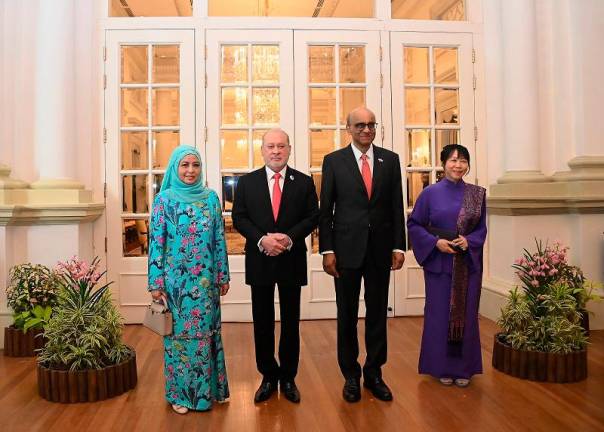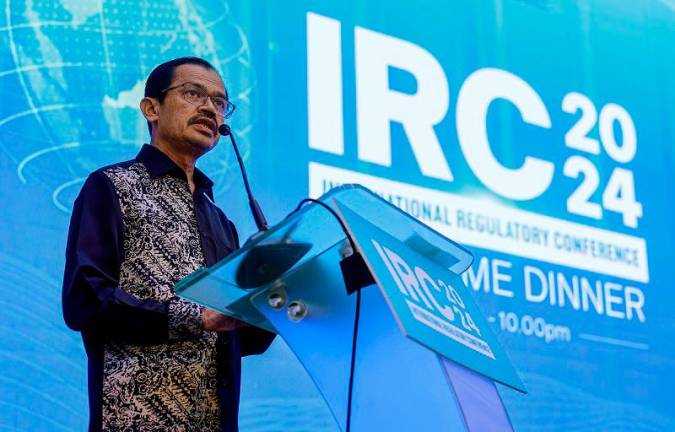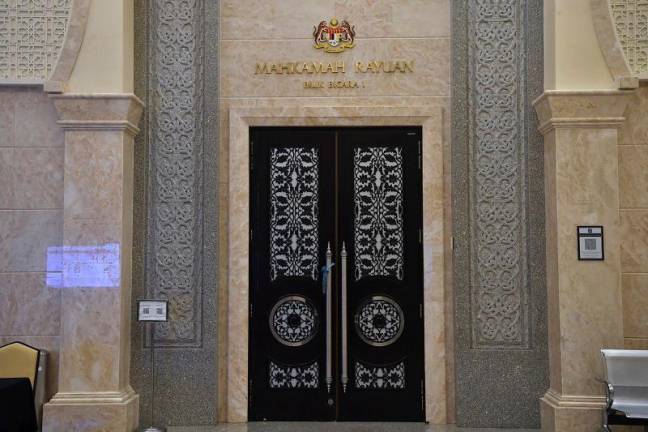PETALING JAYA: The Chinese and Indian communities want the government to put an end to the politicisation of vernacular schools once and for all.
They pointed out that their right to vernacular education is already agreed upon and written into the Federal Constitution.
They also stressed the non-Malay communities had never veered in their respect for Malay as the national language.
MCA education consultative committee chairman Teh Yeow Meng said the issue should have been buried “a long time ago” and there was no reason to dredge it up again.
“Those politicians who continue to harp on the issue should, in fact, focus on the economy and the overall educational performance at our schools. Stop playing the political card and let (vernacular) education speak for itself,” he told theSun yesterday.
Coalition of Tamil Schools Alumni Association Malaysia president S. Rajaratnam observed that vernacular schools have long been made “scapegoats to political survival”.
He pointed out that the Tamil community is not only loyal to the national language but have also mastered it “with supreme confidence”.
Teh and Rajaratnam were responding to a recent claim by Parti Pribumi Bersatu Malaysia Youth chief Wan Ahmad Fayshal Wan Ahmad Kamal that vernacular, or national-type, schools do not produce students with a strong national identity.
Teh pointed out that under the constitution, the Chinese and Indians have the right to learn and protect their mother tongues.
He said Malaysians, including Malays, who enrol in Chinese schools to learn Mandarin should see great benefits.
“China is one of the largest economies in the world now, and Mandarin is commonly used in business. If you can speak the language, you instantly have an advantage over those who can’t,” he said.
Rajaratnam said most Tamil school students are as fluent in the national language as their Malay peers, if not better.
“We accept Malay as the national language but parents have also been given the option to pick the medium of instruction for their children,” he said.
“Vernacular schools have been around since before independence and we believe they are not a hindrance to national unity,” added.
Rajaratnam said Tamil schools have also done the country proud in recent times.
In January last year, SKT (T) Sungai Ara in Bayan Lepas, Penang won honours at the Southeast Asian Ministers of Education Organisation-Japan Education for Sustainable Development event in Thailand for its project titled “Applying Local Wisdom for Environmental Conservation”.
Months later, four SJK (T) Ladang Pyre Year Six pupils won gold at the International Science and Invention Fair for a project using orange peel and coconut shells to make water filters, teeth whiteners and odour remover sachets.
There are 527 Tamil schools in the country and the focus is on turning them into quality institutions rather than building more schools.
National-type schools are defined in the Education Act as primary schools using Chinese or Tamil as the main medium of instruction, where the national language and English are compulsory subjects.



